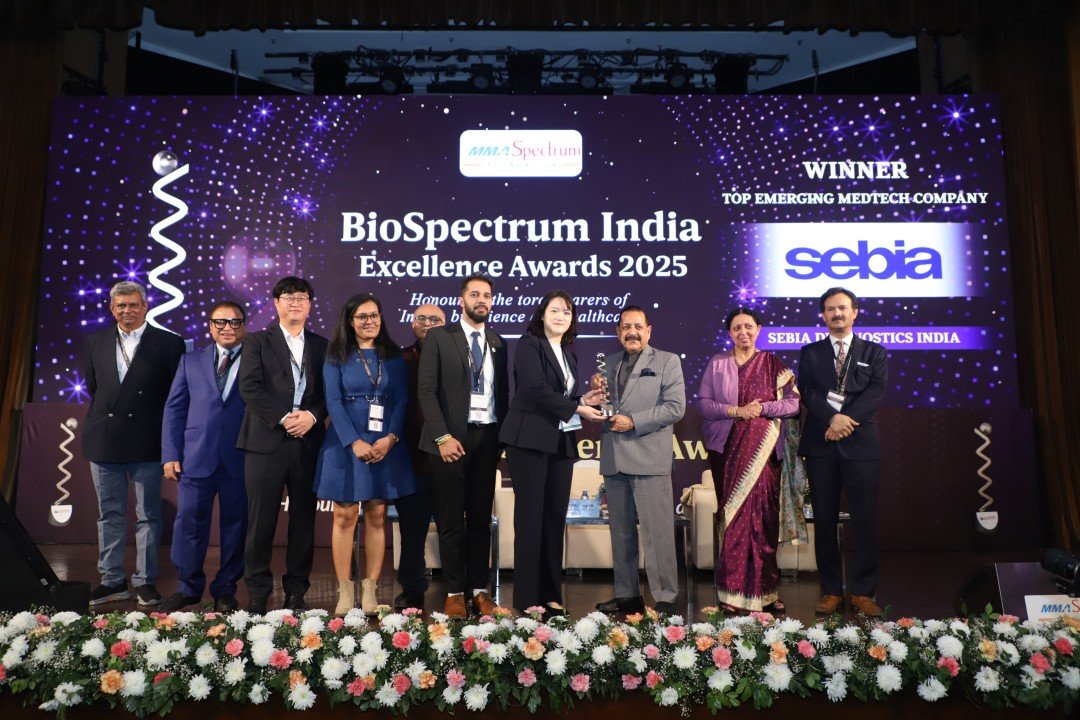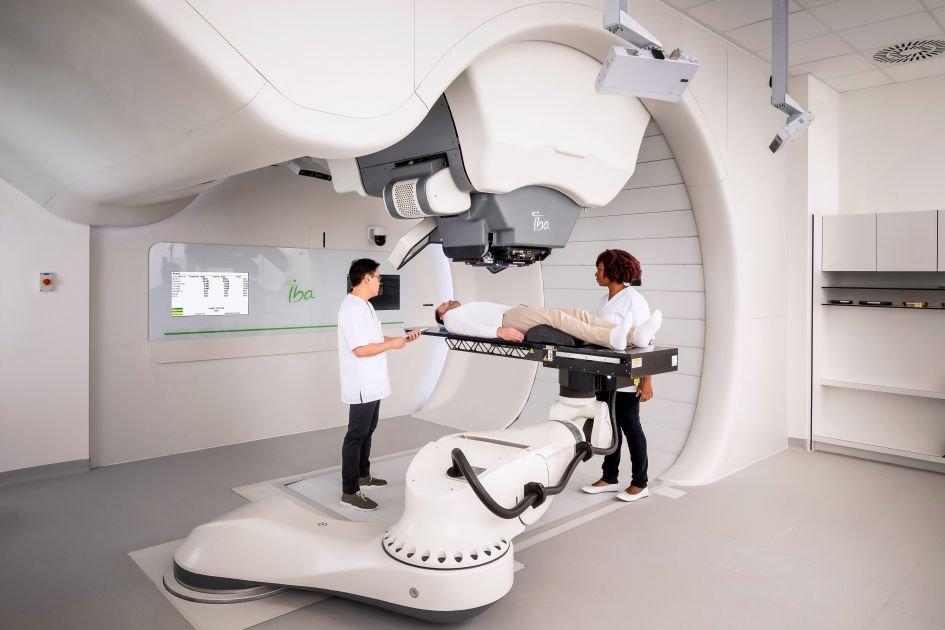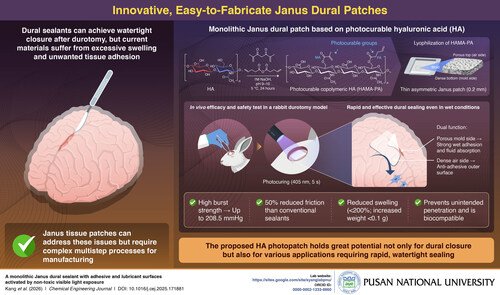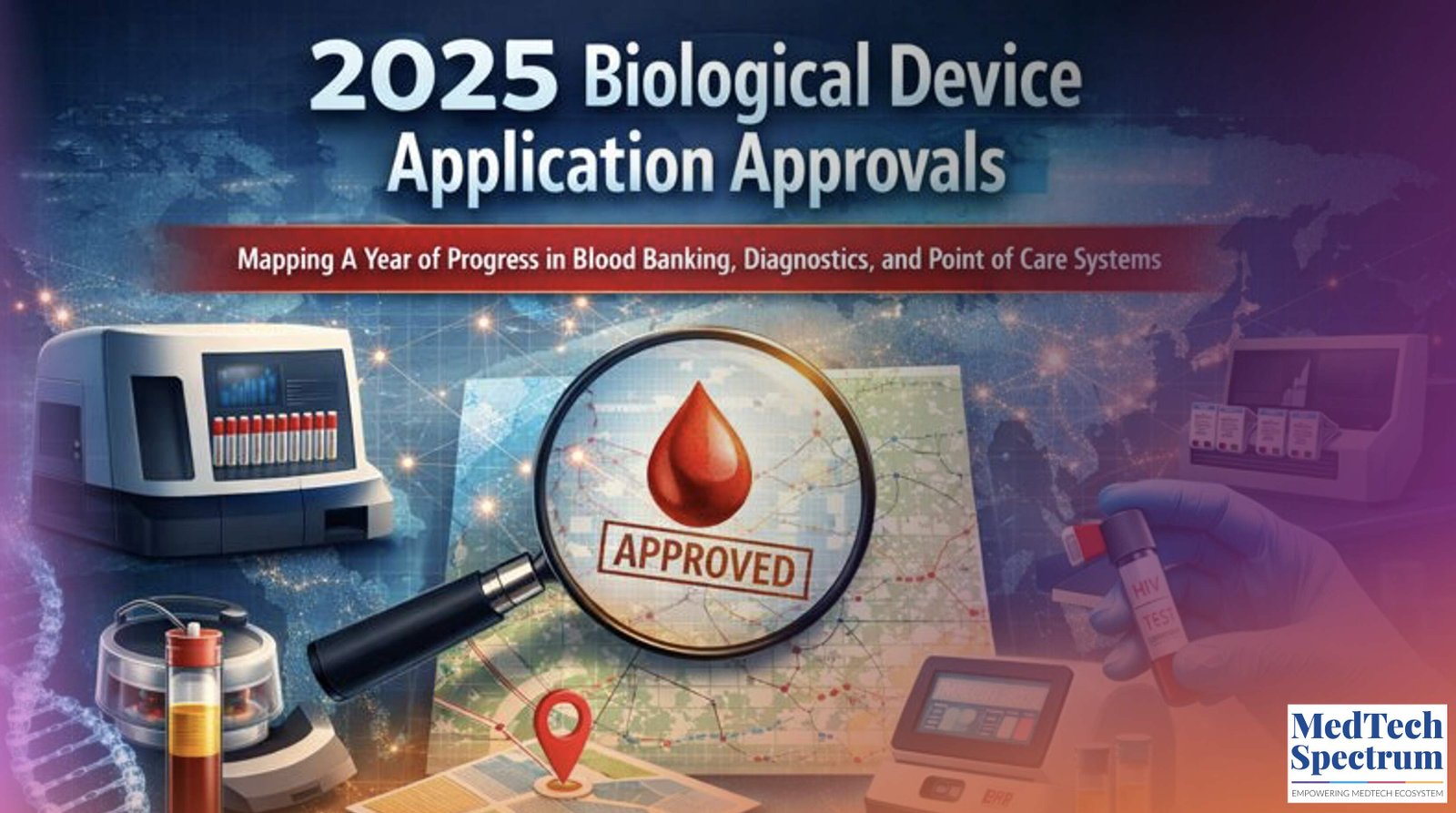BioNxt Solutions’ latest development in its multiple sclerosis (MS) treatment pipeline marks a transformative step in patient-centric drug delivery with its proprietary sublingual thin-film formulation of cladribine, BNT23001. This innovative platform reimagines how MS therapies are administered by replacing traditional oral tablets with a rapidly dissolving film placed under the tongue. This delivery system is particularly important for MS patients who suffer from dysphagia, a common condition affecting the ability to swallow, offering a more accessible and comfortable dosing alternative that could improve long-term treatment adherence.
The clinical advantages of BNT23001 extend beyond ease of use. Preclinical studies have shown the formulation achieves high bioavailability and pharmacological equivalence to existing oral cladribine therapies like Mavenclad®, without inducing any observed toxicity. The sublingual delivery bypasses the gastrointestinal tract, potentially reducing side effects and allowing for faster onset of action. This approach not only improves the patient experience but also introduces new possibilities for more individualized and responsive care in a chronic disease landscape that demands better adherence and outcomes.
As BioNxt prepares to launch human bioequivalence studies in the second half of 2025, the company is also advancing global patent protections for BNT23001, signaling its intent to scale this innovation across key markets. The receipt of the active pharmaceutical ingredient (API) and the start of clinical batch manufacturing solidify BioNxt’s progress toward commercialization. With this milestone, BioNxt reinforces its commitment to delivering next-generation therapies that align with the real-world needs of patients—an approach that could set new standards in MS treatment and reshape expectations for future drug delivery technologies.
























